Author Archive
Cyclicality and Distance in Two Stories by Breece D’J Pancake
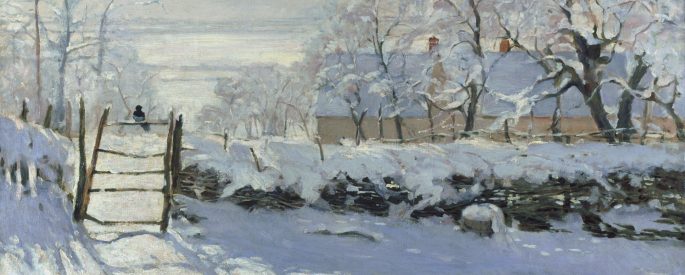
Breece D’J Pancake’s stories often begin in the intersection of the highly permanent and the temporary, and unfurl in moments of instability.
Defiant Witches & Deceitful Echoes: Reading Katherine Anne Porter’s Poetry
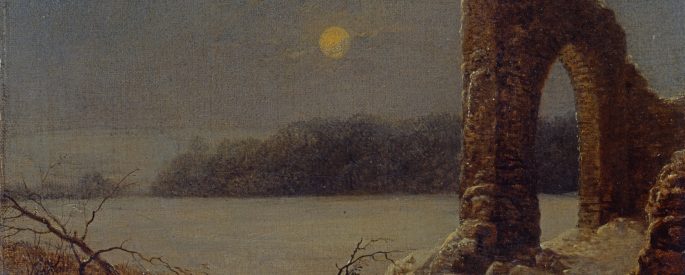
Poetry was never Katherine Anne Porter’s central pursuit: as Darlene Harbour Unrue notes in her introduction to Katherine Anne Porter’s Poetry, Porter was “never a first-rate poet, by her own admission.” But the pieces within are hypnotic—Porter’s distinctive and authoritative speakers conjure vast worlds in small spaces.
Collectors in the Wilderness
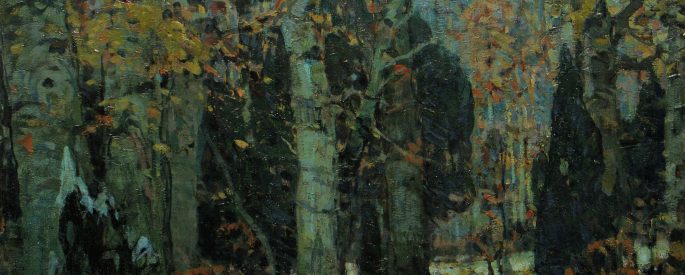
Walking in wilderness is sometimes marketed as a clarifying experience—walk to clear your head, or push your limits, or find peace. I’ve always found it to be an exercise in entertaining contradictory thoughts, emotions, and physical sensations.
The Importance of Uselessness: Language and Nature in the Poems of A. R. Ammons
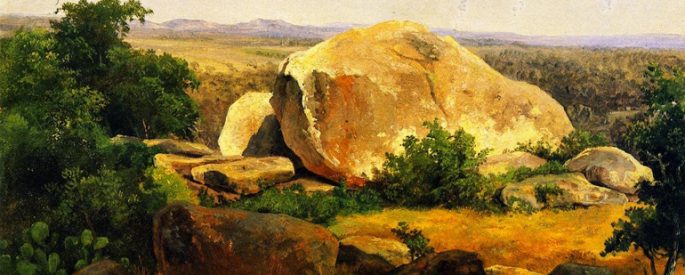
The poems of A. R. Ammons focus on easily overlooked, easily dismissed elements of the natural world. Ammons observes the inevitability of time both on a microscopic and global level: how time affects everything from maggots to “drift-logs.”
The Roving Poets of Black Mountain College
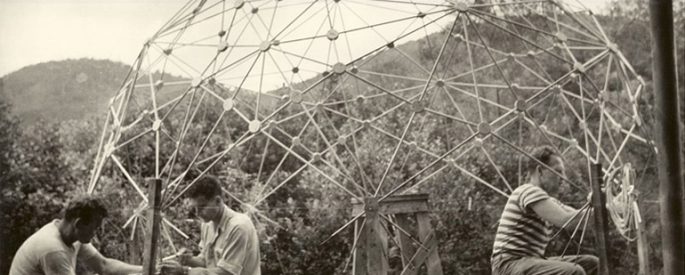
Black Mountain College sprung up in the 1930s, near Asheville, North Carolina, in the Blue Ridge Mountains. It was a short-lived school born in a time of crisis.
Andrei Codrescu’s New Orleans
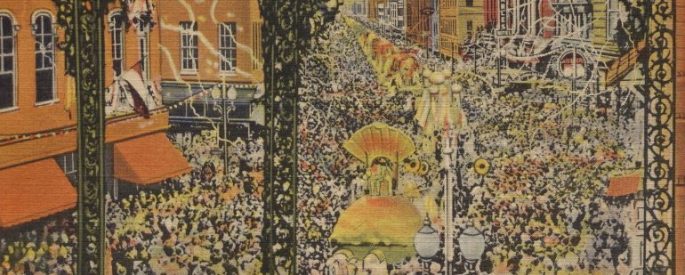
For old-school southern writers, it seems, having roots in the South—being born there—is a key reason they’re classified as “southern writers.” Thinking of contemporary writers like Codrescu as “southern” is more complex. Though often intensely regional, movement is a central concern of his essays and poems.
Need and Greed in Fields and Mansions
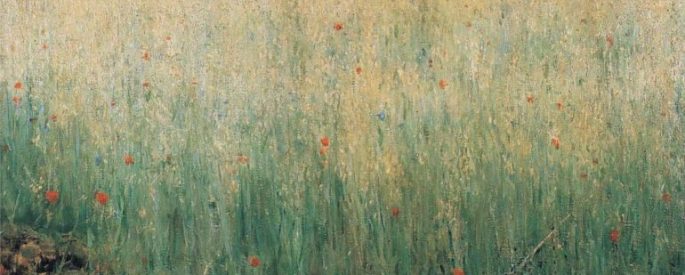
Driving through southern fields makes visible one of the persistent paradoxes of American production: the coexistence of excess and need. Jean Toomer, writing in 1923, illustrates the disconnect between agricultural abundance and personal lack in his poem “Harvest Song.”
Ghosts on Cloudless Days
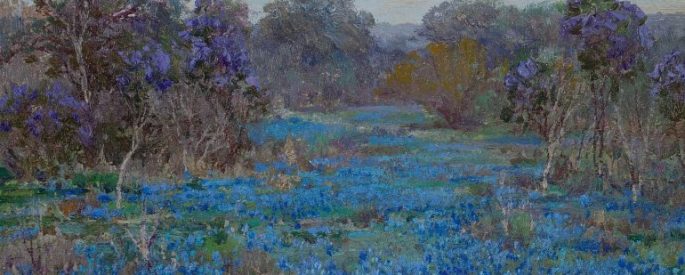
Whereas spring further north leaps cleanly from receding snow and bare branches, southern spring is brief and muddled with the semi-cold winter that precedes it and the too-hot summer that follows. Springtime is a liminal space where the past seeps into the present.
Sinister Trees and Fragrant Flowers
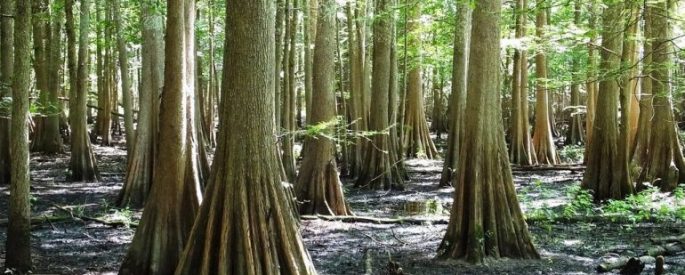
For a brief period in childhood, I was afraid of trees. It was after Hurricane Fran swept through North Carolina, and when the winds subsided trees had fallen on roads, houses, sidewalks. Maybe they would fall on me. And maybe trees in the South are scarier than trees elsewhere.
Homesickness for Divided Places and Unknown Lands

When does a home become so hostile that you should consider leaving? Southern writers complicate clearly defined ideas of homesickness. In states where discrimination was legislated, hate crimes not prosecuted, and outsiders viewed with suspicion, nostalgia mixes with escapist impulses, love of landscape with horror at racial violence.